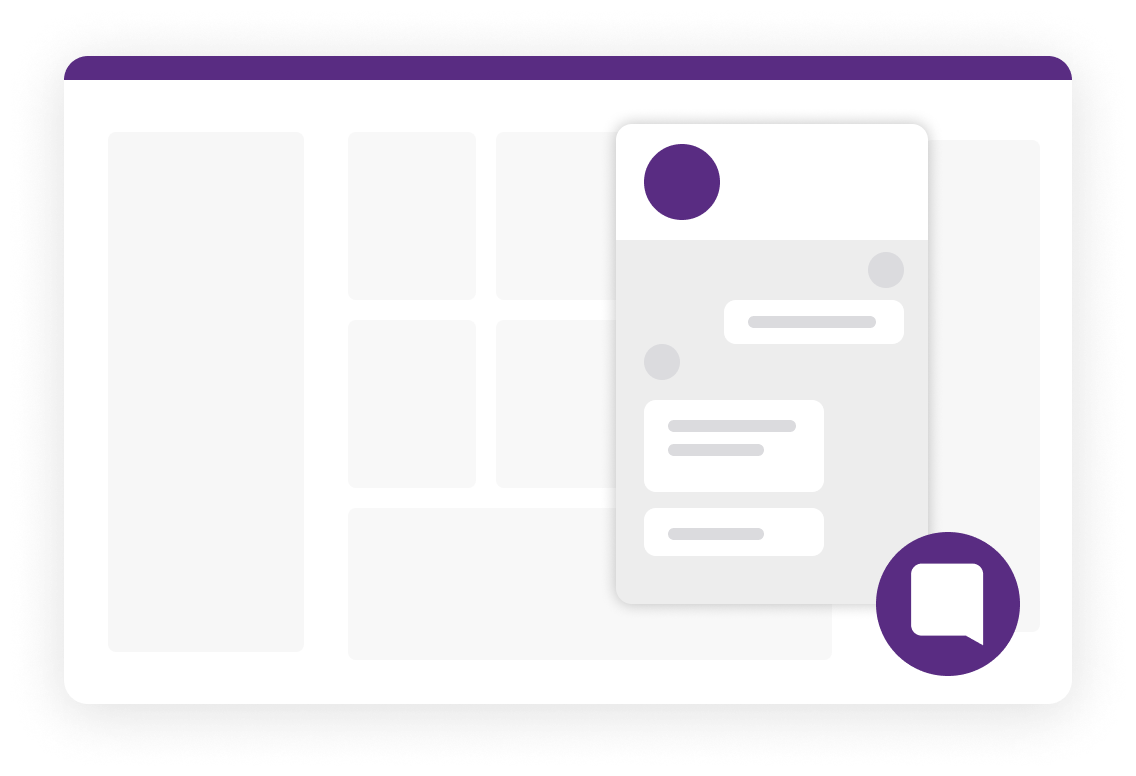Healthcare Flexible Spending Accounts (FSA) are tax-advantaged healthcare accounts that let you use tax-free money to pay for eligible medical expenses. Millions of Americans use an FSA to help reduce their overall healthcare costs.
In most instances, your healthcare FSA election amounts may be available “day one” of your plan year. Healthcare FSAs work by funding the account via payroll deductions, then using your available balance to pay for out-of-pocket eligible medical expenses. As you consider whether to choose an FSA, here are eight things you need to know.
#1 Contributions are tax-free
Because you make contributions via pre-tax payroll deductions, you don’t pay taxes on the money you put into your account. This lets you achieve more spending power than you realize with post-tax money in your checking account.
For example, let’s say your effective tax rate is 20 percent. You basically enjoy a boost of 20% more money to spend on eligible medical expenses (since the money you put into your FSA is not taxed).
Or, to put it another way, your tax savings help you save money whenever you pay for eligible medical expenses.
You can always view the latest IRS contribution limits at this page.
#2 Your entire annual balance is available on day one
Let’s say you elect to contribute $1,500 for the plan year. In most cases, your employer will deduct $1,500 from your paychecks, usually in equal increments, over the course of the year.
So, if you receive 24 paychecks in a year, you can expect $62.50 deducted from each paycheck.
Here’s the cool thing. The entire $1,500 will be available on the first day of the new plan year. There’s no need to wait for your payroll contributions to accrue a balance. That means you sort of get an advance from your employer to help cover eligible medical expenses.
#3 After annual enrollment, you can only change elections with a “qualifying life event”
Once you choose your benefits and select your annual contribution account, you are generally not permitted to change those elections later.
The one exception is for members who experience a qualifying life event. A qualifying life event may include a change in employment status, marital status, or disability. Adding dependents to your family usually also counts.
Be sure to check with your organization to see what instances permit changes.
#4 An FSA lets you pay for more than you think
Many know they can use their healthcare FSA to pay for doctor visits and deductibles. But there are thousands of other products and services that are eligible as well.
For example, healthcare FSA eligible expenses include over-the-counter (OTC) medications, like pain relievers and cough syrup. So, next time you’re at the corner drugstore, be sure to bring your FSA debit card (if available with your plan).1
In addition, your FSA can pay for eligible dental and vision expenses too. It’s a great perk to be able to save when you need to buy eyeglasses or get a filling.
Literally thousands of products are eligible. See all the things you can buy at the FSA Store.2
#5 You can pay for eligible expenses directly, or get reimbursed later
In most cases, your FSA will come with a debit card that you can use at the doctor’s office or drugstore to pay for eligible medical expenses. But if you forget your card, you’ll still be able to get reimbursed.
Simply save your receipt, then upload a copy and submit for reimbursement later.
FSA claims always require the same 5 items, but not all receipts list them! For the fastest reimbursement, make sure your documentation contains the following:
- Patient Name
- Provider Name
- Date of Service
- Type of Service
- Cost
Whether you use a debit card or upload a receipt, either option makes it easy to use and spend your healthcare Flexible Spending Account.
#6 FSAs let you pay for your spouse and eligible dependents too
As you plan your annual healthcare spending, be sure to estimate the potential healthcare costs your entire family might incur. You FSA isn’t only for you! You can help your whole family save next year.
#7 FSAs are ‘use it or lose it’ accounts
Because healthcare Flexible Spending Accounts are employer-sponsored accounts, unused funds are eventually returned to your employer. So, if you elect to contribute $1,000 for the year, but only spend $500, then the other $500 will be returned to your employer at the end of the plan year.
It’s important to carefully plan your annual healthcare spending to avoid potentially losing your hard-earned money. Be sure to review the latest contribution limits before making your elections.
#8 Many organizations offer extensions
Even though FSAs are use-it-or-lose-it accounts, organizations may adopt options that could extend the time you have to spend remaining funds.
One option is called a Grace Period. Your employer may offer up to 2½ months at the end the plan year to submit eligible medical expenses.
Another option is called a Carryover. This option lets you carry over a portion of your account funds into the next plan year.
Be sure to review your plan documents to see if you organization offers extra flexibility—and peace of mind.
Have questions? Visit our Help Center.
Ready to shop? Visit the FSA Store.2
HealthEquity does not provide legal, tax or financial advice. Always consult a professional when making life-changing decisions.
1Your HealthEquity Visa Healthcare Card can be used at participating merchants who sell eligible healthcare products or services everywhere Visa debit cards are accepted. Your HealthEquity Visa Healthcare Card is issued by The Bancorp Bank, N.A pursuant to a license from Visa U.S.A. Inc. The Bancorp Bank; Member FDIC. © 2022 HealthEquity, Inc. All rights reserved.
2HealthEquity and the FSA Store are separate companies and are not responsible for each other’s policies or services. When you make a purchase through the FSA Store from a link on a HealthEquity site, we may earn a referral commission.



Follow us